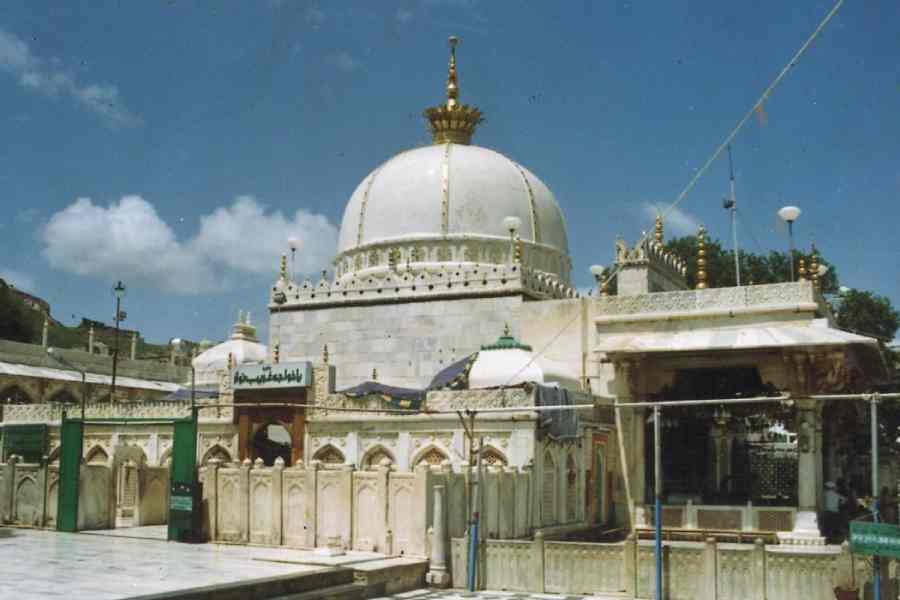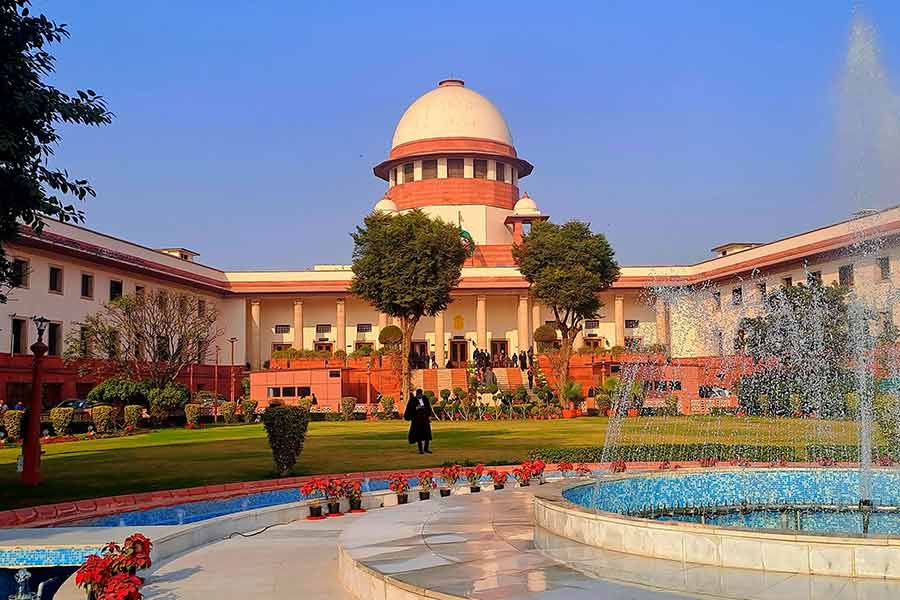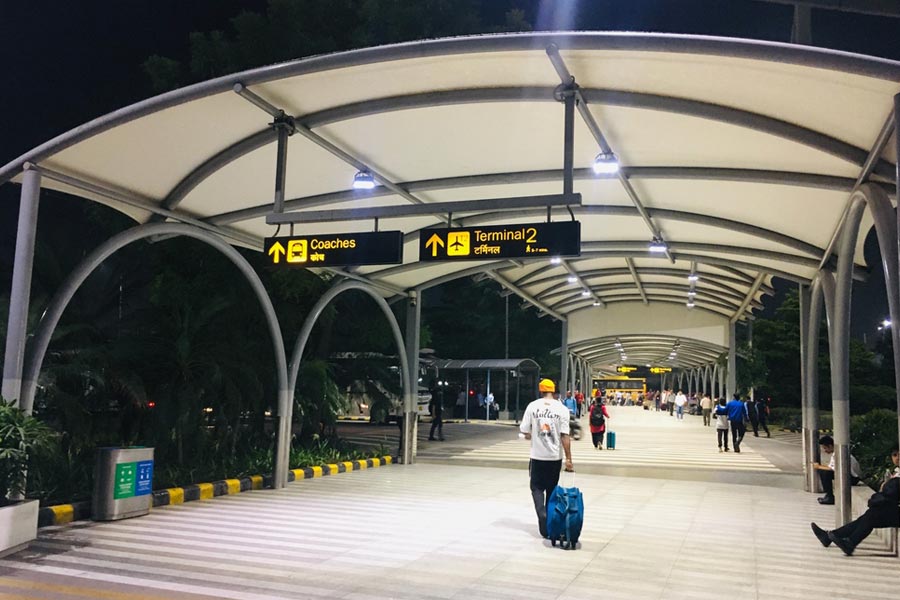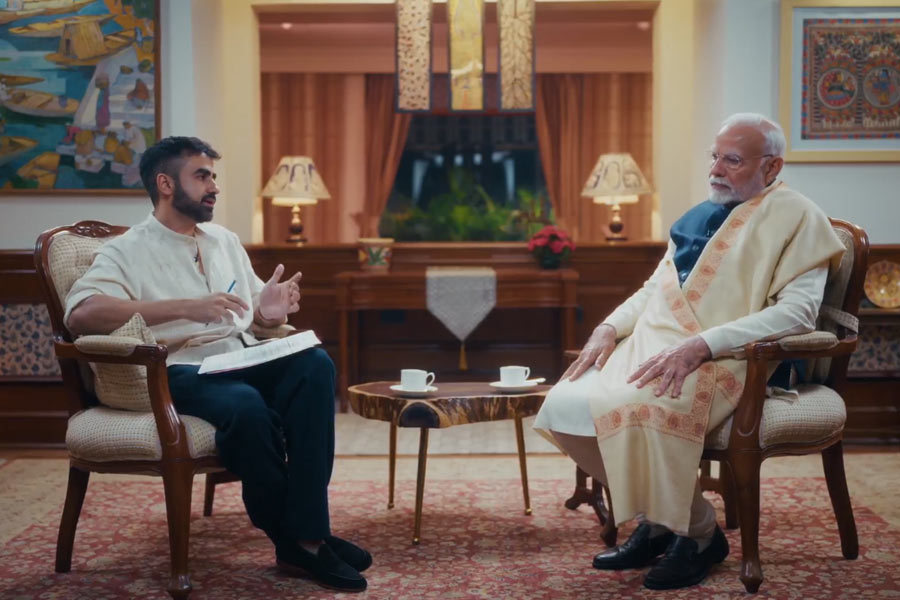It seems to be the turn of the Ajmer dargah. A petitioner in a local court has claimed that the dargah was built at the site of a Shiva temple, which was supposedly demolished by Muslim invaders. Instead of quashing the petition on the basis of the Places of Worship (Special Provisions) Act, 1991, which states that all places of worship will retain their religious character as on August 15, 1947, the court has sent notices to the dargah committee, the ministry of minority affairs, and the Archaeological Survey of India for their response. Perhaps this is the first step towards the kind of ‘scientific’ survey by the ASI ordered by the Allahabad High Court and upheld by the former chief justice of India, D.Y. Chandrachud, in the case of the Gyanvapi mosque. The Places of Worship (Special Provisions) Act is rendered pointless by such surveys, even if they are meant, as apparently in the case of the Gyanvapi mosque, to determine the original character of the place without changing its present form. If courts, including the Supreme Court, fail to apply the 1991 law, conflicts will continue, exacerbating disruptions in communal harmony. In November, four persons died in Uttar Pradesh in a confrontation between the police and the people resisting a survey of the Jama Masjid at Sambhal ordered by the court for similar reasons. That was a grievous result of this exercise.
The Ajmer dargah’s hereditary administrator has deplored the “divisive agenda” behind such petitions and described the dargah as a symbol of communal peace and harmony revered by both Muslims and Hindus. A chadar is presented to it every Urs by the prime minister. This aspect of the matter emphasises the destructive intent of these petitions. The 1991 law, along with the judgment by the highest court in the Babri Masjid-Ram Janmabhoomi case in 2019, sought to put an end to such controversies. The goal of these judicial interventions was to establish peace. Ironically, they seem to have opened the floodgates for such demands. The Gyanvapi Masjid order has given these demands an extra fillip. It is urgent that all courts set aside these petitions on the basis of the Places of Worship (Special Provisions) Act. Courts uphold the law and the Constitution and these orders run contrary to both. Only a rigorous implementation of the law will end them for good.










